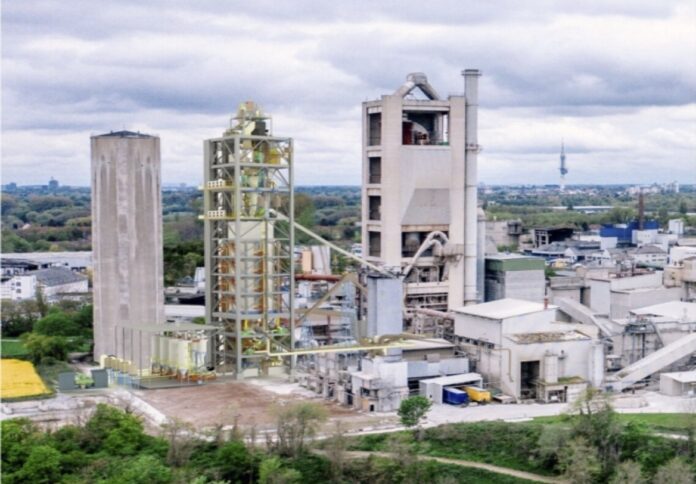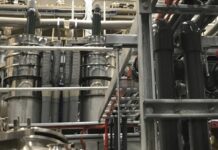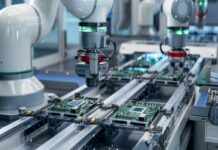
Calix Limited announced that its subsidiary, Leilac Limited, and Heidelberg Materials have entered into a Joint Venture (JV) for the Leilac-2 demonstration plant at Heidelberg Materials’ Ennigerloh cement plant in Germany.
The JV agreement involves the construction, operation, and potential future ownership of the Leilac-2 demonstration plant, Calix said in an ASX announcement.
“The formation of a joint venture with Heidelberg Materials for the Leilac-2 plant marks another important milestone for the commercialisation of the Leilac technology,” stated Leilac CEO Daniel Rennie.
“We look forward to continuing to collaborate with Heidelberg Materials to demonstrate and deploy cost-effective solutions to decarbonise cement production at commercial scale.”
Construction of the Leilac-2 plant is slated to begin in 2025, with commissioning expected by mid-2026.
The plant aims to capture up to 100,000 tonnes per year of carbon dioxide emissions from cement and lime production.
Following a three-year testing period, ownership of the plant may transfer to Heidelberg Materials if technical and commercial performance criteria are met.
In such a case, Heidelberg Materials would repay Leilac’s capital contribution, less depreciation, according to Calix.
“The rapid testing and implementation of state-of-the-art carbon capture technology is key to decarbonising the cement industry in Germany,” said Christian Knell, general manager of Heidelberg Materials Germany.
He continued, “I look forward to the construction start and seeing the Leilac-2 demonstration plant taking shape soon,”
The Leilac-2 project follows the successful pilot-scale Leilac-1 project at Heidelberg Materials’ cement plant in Lixhe, Belgium, which began in 2019.
The new JV comprises agreements on the construction, operation, and potential transfer of ownership of the Leilac-2 plant. Detailed engineering for site-specific integration is ongoing, with final capital costs yet to be determined.
Funded in part by a €16 million grant from the European Union’s Horizons 2020 program, the Leilac-2 project is also supported by various cash and in-kind commitments from consortium partners.
Leilac is exploring options to fund its share of the construction costs, including leveraging its balance sheet, capital, and debt options.
The majority of the project’s capital expenditure will occur post-permitting and the start of construction.
In parallel with the Leilac-2 project, Heidelberg Materials and Leilac are exploring steps for developing a full-scale commercial installation of the Leilac technology, dubbed “Leilac-3.”
This plant could potentially capture between 0.5 to 1 million tonnes of CO2 emissions annually, depending on the size of the host plant.
According to Calix, a global licence agreement already in place between the two companies could see the Leilac technology deployed at up to 150 Heidelberg Materials cement plants across five continents, pending successful performance demonstrations.


















